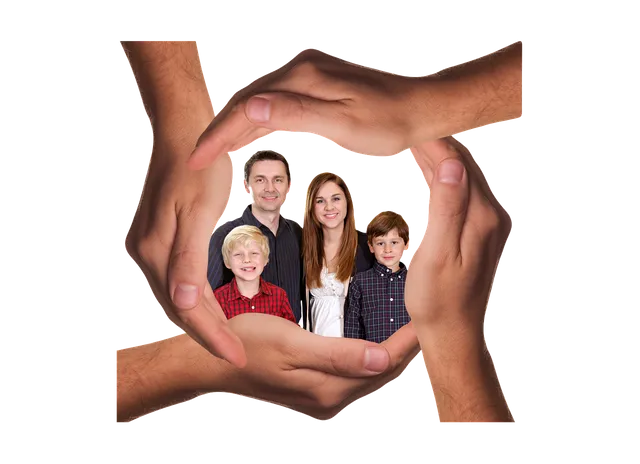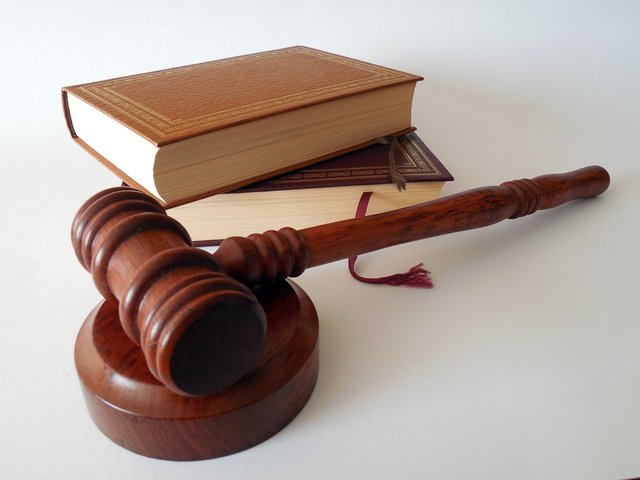Welcome to this week's lesson. Today we will be looking at different laws that protect young people and I believe you will find it interesting.

The meaning of law
"Law," according to Oxford Advanced Learners' Dictionary of Current English, is "the whole system of rules which everybody in a country or society must obey." It is usually established by the government to deal with crime, social relationships, and business agreements.
Law refers to rules recognised to be obeyed by everyone in a family and community or society by the authority controlling the affairs of a particular place (government). The rules may be contained in a constitution as a law for a country or society. It may or may not be written down but is recognised by different families and communities as binding on every member. It differs from country to country, society to society, and from community to community.
Every society has the obligation of raising and training its children in its own culture; and children are taught the do's and don'ts of their respective traditions as recognised by the authority of the society. But, we can not rule out the fact that some people may still want to exploit the weak due to their lack of experience. In such a case, it is the duty of the adult members of such a society to see that children are protected.
Child abuse is common in this part of the world. Adults misuse children placed under their care in many ways. Some adults, instead of taking good care of these children:
(i) Deprive them of education, food, etc.
(ii) Send them out for street hawking.
(iii) Use intimidation and threat to make them comply to sexual activities that are against their wish.
All these are examples of child abuse.
Child abuse is the unfair, cruel, or violent treatment of children.
Laws protect individuals (both adults and children) and state vividly the type of punishment to be meted out to those who break them or those who do not abide by them. There are laws for different kinds of misconduct. For example, there are laws against robbery, child exploitation, etc.

The rights of the child
Rights are legal entitlements or claims that the government of every country owes its citizens.
Who is qualified to be called a child?
Any person who is below the age of 18. Every child in this world has the right to be alive and to develop. The United Nations convention of 1989, on the rights of the child, recognizes that children have the basic fundamental human rights to survive and develop. Also, the convention aims at enhancing the quality of life of children all over the world, as well as protecting their rights.
Nigeria is a member of this organization and was one of the countries that signed this convention into law on November 20, 1989. So, all that is contained therein is applicable to Nigerian children.
Some of the rights include:
Every child has the right to life and should be allowed to survive and develop.
No child should be separated from his/her family or parents, except on the authority of a court that such separation is in the best interest of the child.
Every child has the right to a name, a family, and nationality.
Every child should be protected from any act that interferes with his/her privacy, honour, and reputation in the home, family, and school.
Every child is entitled to proper nutrition, adequate rest, leisure, and play.
Every child is entitled to compulsory basic education and equal opportunity for higher education, depending on individual ability.
Every child must be protected from indecent and inhuman treatment, including sexual exploitation, drug abuse, child labour, torture, maltreatment, and neglect.
No child should suffer any discrimination, irrespective of ethnic birth, colour, sex, religion, social status or disability etc. Apart from the UNO convention on the rights of the child, there are other international treaties and laws that protect children, especially in the areas of sexual and reproductive health.
(i) They include the International Conference on Population and Development (ICPD), 1994, which focuses on reproductive rights.
(ii) The fourth world conference on women (1995). The conference focused on sexual health right. African charter and UNO charter on children.

Source
That is the end of the lesson. I will be happy to hear from you if you find this article interesting.

Thank you, friend!


I'm @steem.history, who is steem witness.
Thank you for witnessvoting for me.
please click it!
(Go to https://steemit.com/~witnesses and type fbslo at the bottom of the page)
The weight is reduced because of the lack of Voting Power. If you vote for me as a witness, you can get my little vote.
Downvoting a post can decrease pending rewards and make it less visible. Common reasons:
Submit
Twitter shared
https://twitter.com/udyliciouz/status/1711690536640221564?t=leG-v2M50p0iae_yDX95ig&s=19
Downvoting a post can decrease pending rewards and make it less visible. Common reasons:
Submit
The child's right law. Now every child is protected and given equal right to life, education and health.
Downvoting a post can decrease pending rewards and make it less visible. Common reasons:
Submit
You are right every child has the equal righr ri live.
Thank you for reading my article
Downvoting a post can decrease pending rewards and make it less visible. Common reasons:
Submit